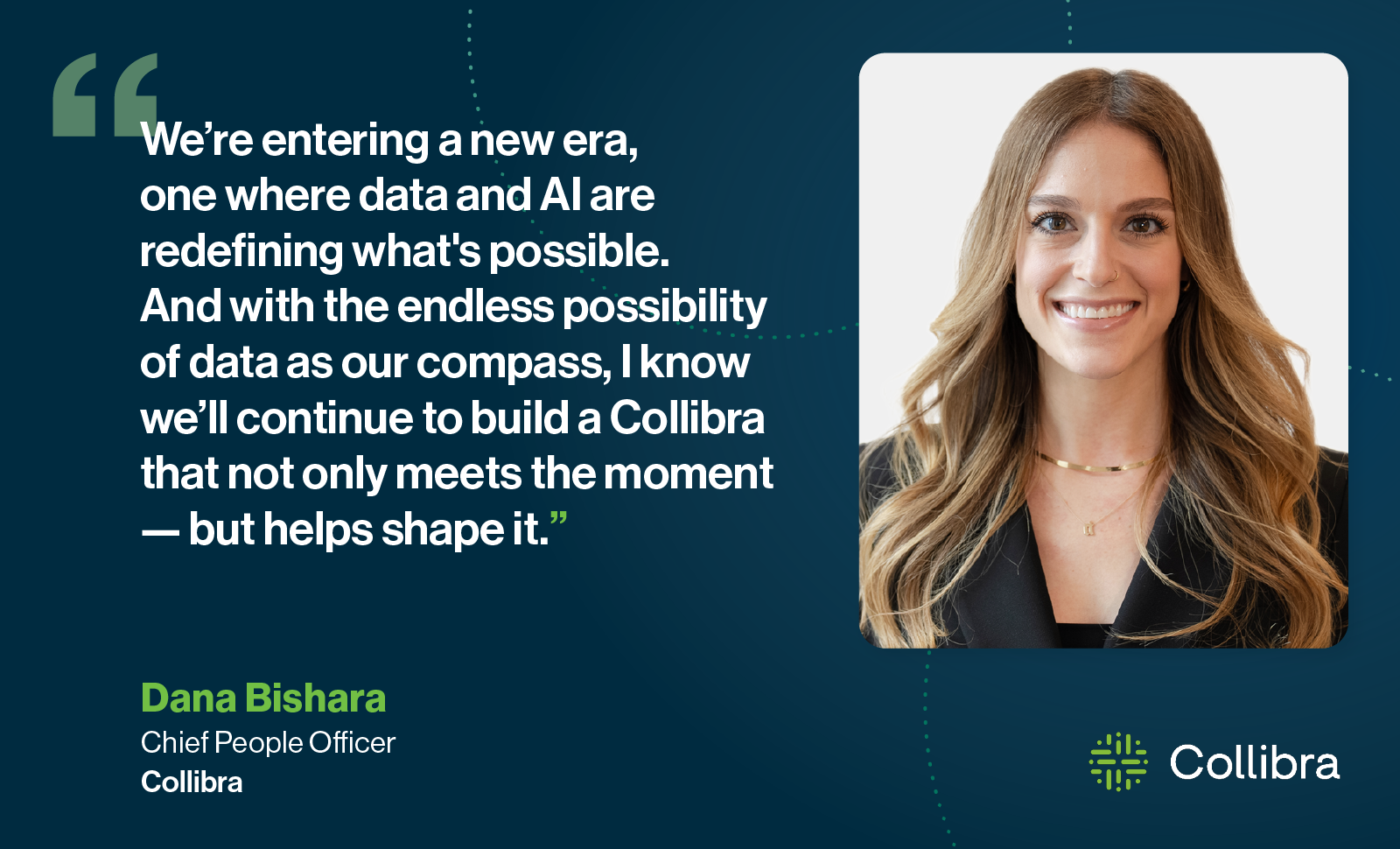Recent changes have transformed both the accumulation of and demand for critical business data. In the last few years, the available pool of data has grown exponentially, both in the raw amount and in the variety of sources. At the same time, driven by both Covid and the desire to improve the work/life balance of employees, the variety of employee work situations has grown far more complex and challenging.
The ever-increasing amounts of data and data sources presents both a challenge and an opportunity that can be exploited to great advantage by those with the right data intelligence tools. In this growing digital-first world, enterprises and individuals need to connect technology to business outcomes, with data emerging as the key resource necessary to get this done. Everybody is looking to identify the next digital-based enhancement or capability that could emerge to improve our lives or produce more desirable business outcomes.
Concurrently, the diversity and distribution of consumers of this data has also grown much more complex. The Covid pandemic greatly accelerated the already frenetic movement towards remote and hybrid working solutions available to employees across the globe.
Confronted by the sudden need to stay physically apart, digital connectivity stepped in to fill the void and allowed people to continue to work together. The analysts, business leaders and others who derive value from an organization’s available data must have access to it no matter where they are physically located. With complexity increasing on both ends of the data pipeline, maintaining employee experience parity has rapidly become a key challenge to building a world-class data intelligence environment.
Employee experience parity strives to create a data access experience independent from the source of the data or the physical location of the user. Whether data consumers are in the office, at home, on the road, or working in a hybrid situation involving multiple access points, secure access to quality data is crucial to any data intelligence solution.
“Being successful with data in the future will require a data culture that embraces employee experience parity and enables trust in data, technology, and people,” writes Stewart Bond, Research Director at IDC, in his whitepaper, Driving Work Parity in a Digital-First World with Data Intelligence.
“Parity of access is critically important for employees with data analytics and management skills and organizations that are looking to build or acquire such skills.”
Incorporating information from a number of IDC surveys, Bond also writes of other challenges the builders of world-class data intelligence environments confront, such as developing new competencies around collective intelligence and software-based digital innovations, or how the seemingly contradictory perceptions that there is too much data in your environment, and that there is not enough data there, are related manifestations of the same issue.




